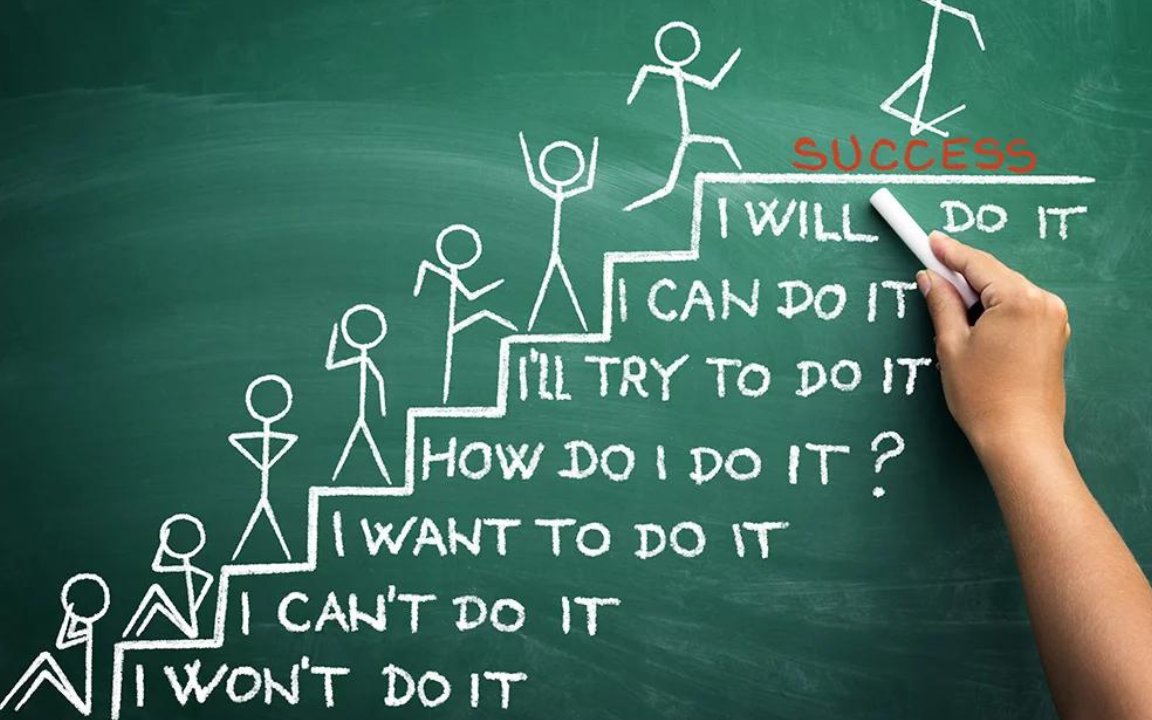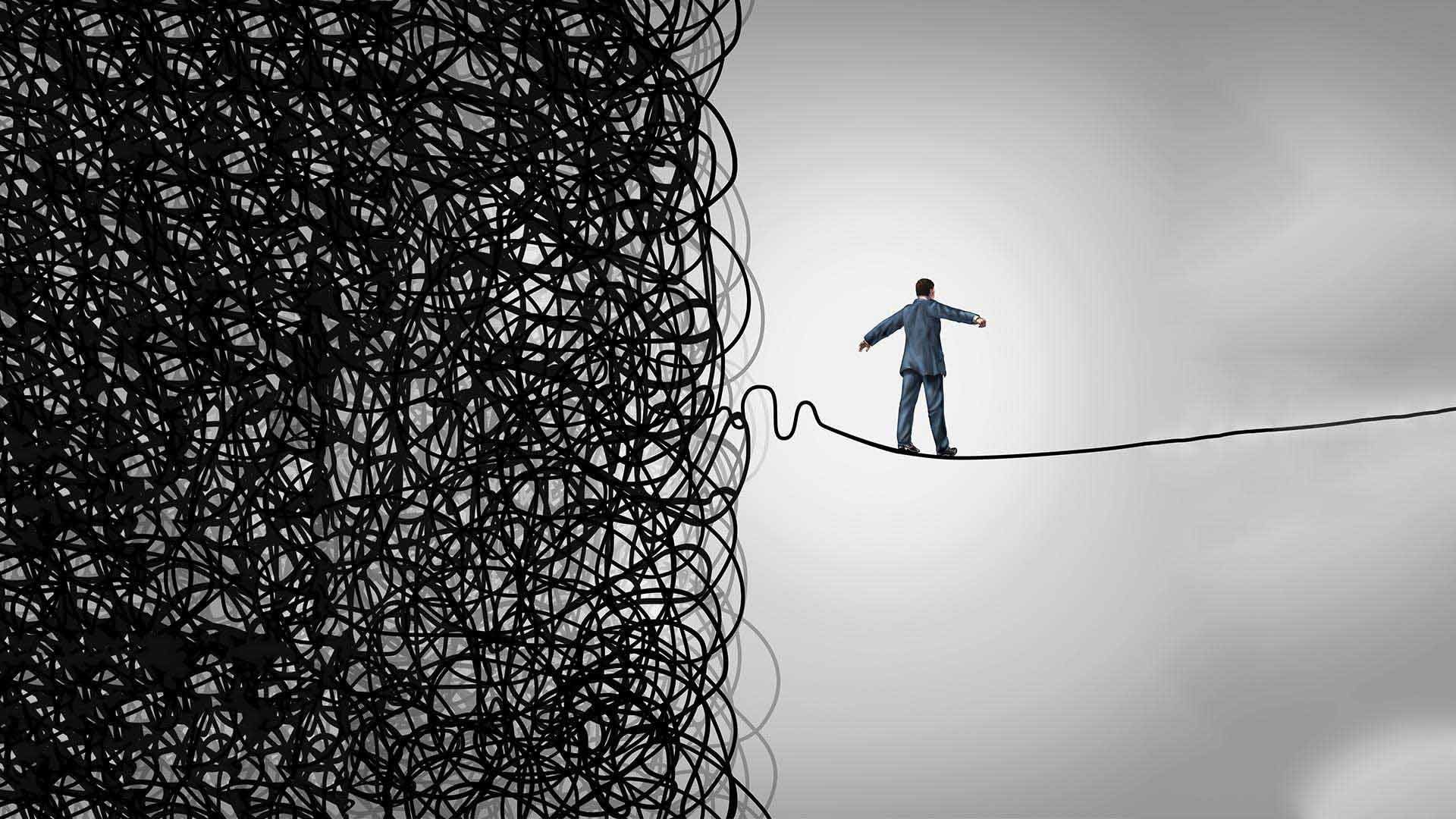Why Building Habits, Not Goals, Is the Key to Lasting Success
Have you ever found yourself stuck in a loop of behaviors that hold you back, even though you know they no longer serve you? Have you ever wondered why breaking bad habits feels so overwhelming, or why becoming the champion of your own life seems just out of reach?
Here’s the truth: it’s not because you lack willpower, ambition, or intelligence. It’s because the system you’ve been taught — setting goals and chasing them relentlessly — only addresses the surface, not the root.
For years, I made this mistake. I let bad habits and patterns define me, convincing myself that “this is just who I am” or “this is all life has to offer.” But everything changed when I realized this: success doesn’t come from setting lofty goals — it comes from building habits that align with the person you want to become.
The Hidden Power of Habits
Habits are the invisible architects of your life. They shape your identity, influence your decisions, and ultimately determine your future. The actions you take every day, no matter how small, are the building blocks of who you are becoming.
Think about it: your habits dictate how you spend your time, how you approach challenges, and even how you see yourself. They’re the quiet, consistent force that either propels you forward or holds you back.
I always tell people: if you want to know where someone will be in five years, look at their habits today. Are they building habits that create growth, or are they stuck in routines that maintain the status quo?
My Journey: Small Habits, Big Changes
Four years ago, I embarked on a journey that transformed my life. I lost 65 pounds and saved over $65,000 — all while working a regular 9-to-5 job. People often ask me how I did it, expecting some secret formula. My answer surprised them: I didn’t focus on setting goals. I focused on building small, consistent habits.
When I decided to get healthier, I didn’t start with a daunting goal like, “I’ll lose 65 pounds.” That would have felt overwhelming and unachievable. Instead, I focused on simple, actionable habits:
- Walking 10,000 steps a day.
- Taking the stairs instead of the elevator.
- Packing my lunch for work instead of eating out.
- Cooking meals at home and eating what I prepared.
Each of these actions felt small in the moment, but over time, they compounded into significant change. These weren’t just habits — they were daily victories, each one reinforcing my belief that I could create a healthier life.
The same principle applied to my finances. I didn’t set out to save $65,000 overnight. I started small:
- Tracking my credit score to understand where I stood.
- Spending less than I earned and questioning every purchase: “Do I really need this?”
- Picking up spare change — literally. Every penny, nickel, and dime I found went into a jar. At the end of the year, I had $200–$300, which I invested in stocks. That small habit turned into $1,200.
Here’s the truth: it’s not about massive leaps; it’s about small, intentional steps taken consistently over time.
Why Goals Fall Short
Most people are taught to set goals as a way to create direction and purpose. While there’s nothing inherently wrong with goals, they often fall short of delivering lasting success. Here’s why:
1. Goals Delay Happiness
Have you ever thought, “I’ll be happy when I lose 20 pounds” or “I’ll feel successful once I make more money”? This mindset places happiness in the future, tied to some external achievement. But what happens when you don’t hit the goal as quickly as you hoped — or when you achieve it and still feel unfulfilled?
For years, I made this mistake. I tied my happiness to my future self, believing that once I reached certain milestones, I’d finally feel content. But when I hit those milestones, the happiness I expected wasn’t there. What I learned is this: happiness isn’t something you find in the future — it’s something you build in the present.
2. Goals Often Lead to Complacency
Let’s say you set a goal to lose 20 pounds, and you achieve it. What happens next? For many people, the motivation fades. They stop doing the things that got them there in the first place.
This is why so many people regain the weight they worked so hard to lose. The hardest part of getting healthy isn’t losing the weight — it’s keeping it off. That requires habits that sustain the results, not just a one-time effort.
3. Goals Can Focus on the Wrong Things
I’ve met people who set goals like “I want to be a millionaire.” But when you ask why, their reasoning often boils down to wanting to spend money, not to create financial freedom. They’re not building the habits of wealth — they’re chasing the image of success.
True success isn’t about hitting a number or crossing a finish line. It’s about building habits that create sustainable growth, whether in health, wealth, or relationships.
How to Build Habits That Transform Your Life
If you’re ready to stop chasing goals and start building habits that last, here are three practical steps to get started:
1. Get 1% Better Every Day
Real change doesn’t happen overnight. It happens through small, consistent improvements. James Clear, in Atomic Habits, explains that if you improve by just 1% every day, by the end of the year, you’ll be 37 times better than when you started.
Here’s how to apply this:
- If you want to write a book, commit to writing just 100 words a day. In a year, you’ll have 36,500 words — a full manuscript.
- If you want to improve your health, start with one push-up or a 10-minute walk. Add a little more each day.
Imagine a dripping faucet. At first, the drops seem insignificant. But over time, they fill the sink, then the tub, and eventually overflow. That’s the power of 1% better every day.
2. Focus on the Process, Not the Outcome
Success isn’t about reaching a destination — it’s about the journey. Imagine a farmer planting seeds. He doesn’t plant today and expect a harvest tomorrow. Instead, he waters the soil, weeds the garden, and waits patiently as growth happens beneath the surface.
Focus on small, daily wins:
- If you want to get fit, celebrate the days you show up at the gym or choose a healthy meal.
- If you want to improve your finances, acknowledge each time you skip an unnecessary purchase or save a little extra.
The process is where transformation happens. Trust it, even when the results aren’t visible yet.
3. Winning Requires Patience
Big transformations take time. Think of bamboo: for the first five years, it grows underground, building a strong root system. Then, almost suddenly, it shoots up 90 feet in just six weeks.
Your efforts might feel invisible at first, but they’re building something powerful beneath the surface. Keep showing up. Every small step stores energy for the breakthrough you’re working toward.
Final Thoughts: Habits Shape Your Future
Habits are more than routines — they’re identity builders. They shape how you see yourself and who you’re becoming. By focusing on small, consistent actions, you can create a future that exceeds your wildest dreams.
So, ask yourself:
- What’s one small habit I can start today to get 1% better?
- How can I focus on the process instead of obsessing over the outcome?
- What would happen if I committed to patience and trusted my efforts, even when I can’t see immediate results?
Stop chasing goals. Start building habits. Stop watching the clock. Start trusting the process.
If this resonated with you, please share it with someone who needs to hear this message. And remember: be patient with the process. Great things take time. For more information please feel free to visit my podcast: https://www.youtube.com/@booksbytonymudd









